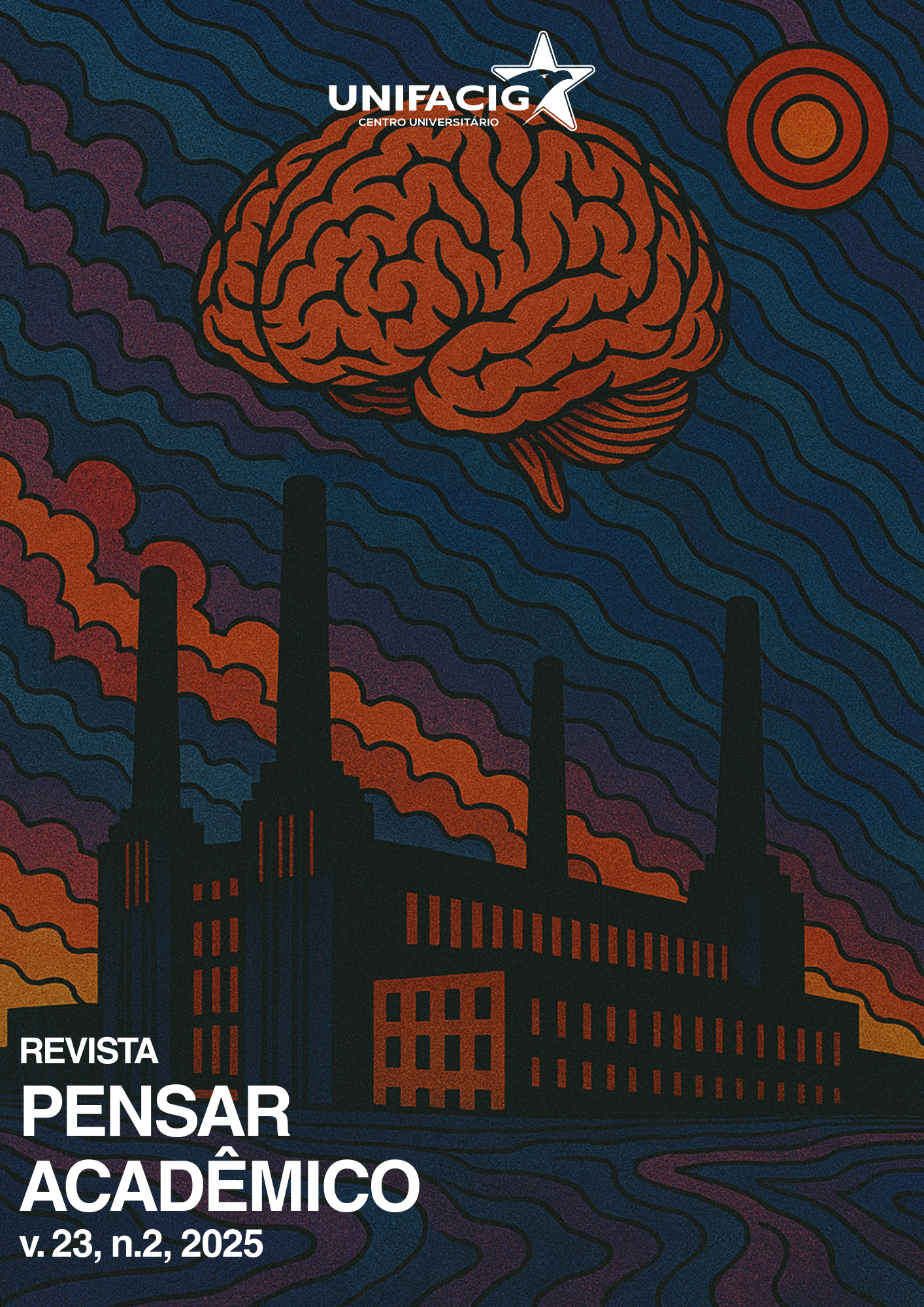USE OF STEM CELLS IN THE TREATMENT OF SKIN CANCER: AN UPDATE IN NURSING
DOI:
https://doi.org/10.21576/pensaracadmico.2025v23i2.4454Abstract
Objective: To carry out integrative investigations into the use of these mother cells in the treatment of skin cancer, with the aim of better understanding their effectiveness and clinical impact, in addition to exploring nursing actions in this process. Method: A systematic review of the literature was carried out using scientific articles published between 2019 and 2023, consulting databases such as Scielo and VHL, and selecting relevant studies on mother cells and skin cancer. Result: The review identified significant advances in research into mother cells in the treatment of skin cancer, highlighting therapeutic benefits, essential nursing practices and challenges in standardizing protocols and ethical questions. Conclusion: Mother cell therapies are promising, but the transition to clinical practice requires overcoming important challenges. Continued updating of healthcare professionals, especially oncology nurses, is crucial to effectively integrate these therapies.Downloads
Published
2025-08-07
Issue
Section
Ciências da Saúde
License
Copyright (c) 2025 Pensar Acadêmico

This work is licensed under a Creative Commons Attribution-ShareAlike 4.0 International License.
Autores que publicam na Revista Pensar Acadêmico concordam com os seguintes termos:- Autores mantém os direitos autorais e concedem à revista o direito de primeira publicação, com o trabalho licenciado simultaneamente sob uma Licença Creative Commons Attribution por 2 anos após a publicação, permitindo o compartilhamento do trabalho com reconhecimento da autoria do trabalho e publicação inicial nesta revista.
- Autores têm autorização para assumir contratos adicionais separadamente, para distribuição não-exclusiva da versão do trabalho publicada nesta revista (ex.: publicar em repositório institucional ou como capítulo de livro), com reconhecimento de autoria e publicação inicial nesta revista.
- Autores têm permissão e são estimulados a publicar e distribuir seu trabalho online (ex.: em repositórios institucionais ou na sua página pessoal), já que isso pode gerar alterações produtivas, bem como aumentar o impacto e a citação do trabalho publicado (Veja O Efeito do Acesso Livre).

